Upcoming Google Projects: A Short Review
3 min. read
Updated on
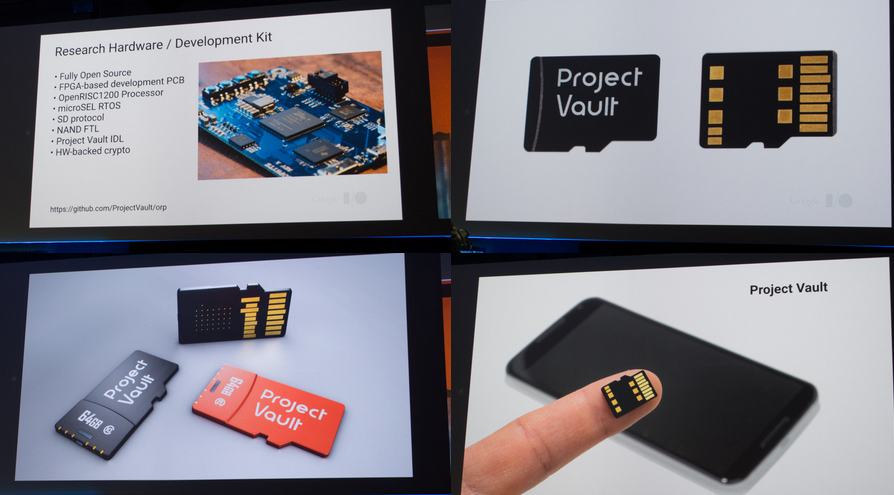
Google’s schedule is busier than you might be expecting. The search giant is currently working on numerous security-based projects in order to offer its users a greater level of security and an even more pleasant experience while interacting to their devices.
Google’s Advanced Technology and Projects team has never disappointed us when it comes to interesting innovations that that can make our lives much easier, so I bet that you are curious to find out more about some upcoming Google Projects.
That is why I am here for, with a short review that I hope you’ll find inetersting.
Among these projects That Google is working on you should know about Project Soli, Project Vault, as well as about Project Abacus.
Upcoming Google Projects: A Short Review
Project Soli
Project Soli is a gesture-recognizing, radar-enabled sensor that wants to change the way that you can interact with your smartwatch. You should be able to do that even by not touching the display, the idea behind it being something that we’ve heard before: the sensor is supposed to track the movements of your hands, which controls the input into a device.
In such a manner, the sensor could recognize gestures and give you the chance to control functions of a smartwatch without touching the display.
Project Vault
Have you heard about Project Vault? Project Vault is a microprocessor inside and an NFC chip in the form of a micro SD card, ideal for a secure communication and better storage. The host thinks the microcomputer is just regular storage, so you need no additional drivers and even more, the file system includes just two files, one for read and one for write which also means that it works with any operating system, including Android, Windows, OS X and even Linux.
Project Abacus
Even more, Google is also focusing on increasing security for its users and hopes to manage to erase the use of passwords. I am talking about search giant’s Project Abacus which seems more than promising. Abacus is able to measure various factors such as location, face, voice, typing pattern and not only that can later determine if the person holding the handset is indeed the owner. After data is collected, you get a trust score of how confident the device is that the person holding the device is the owner.
If Abacus identifies you, you are logged in automatically, but if not, then it takes you back to entering a password. Project Abacus doesn’t totally eliminate passwords, but closer than ever to that and yes, it is believed to offer more security than fingerprint detection and so many other biometric security methods, so would you give it a try?
On this topic, also read:


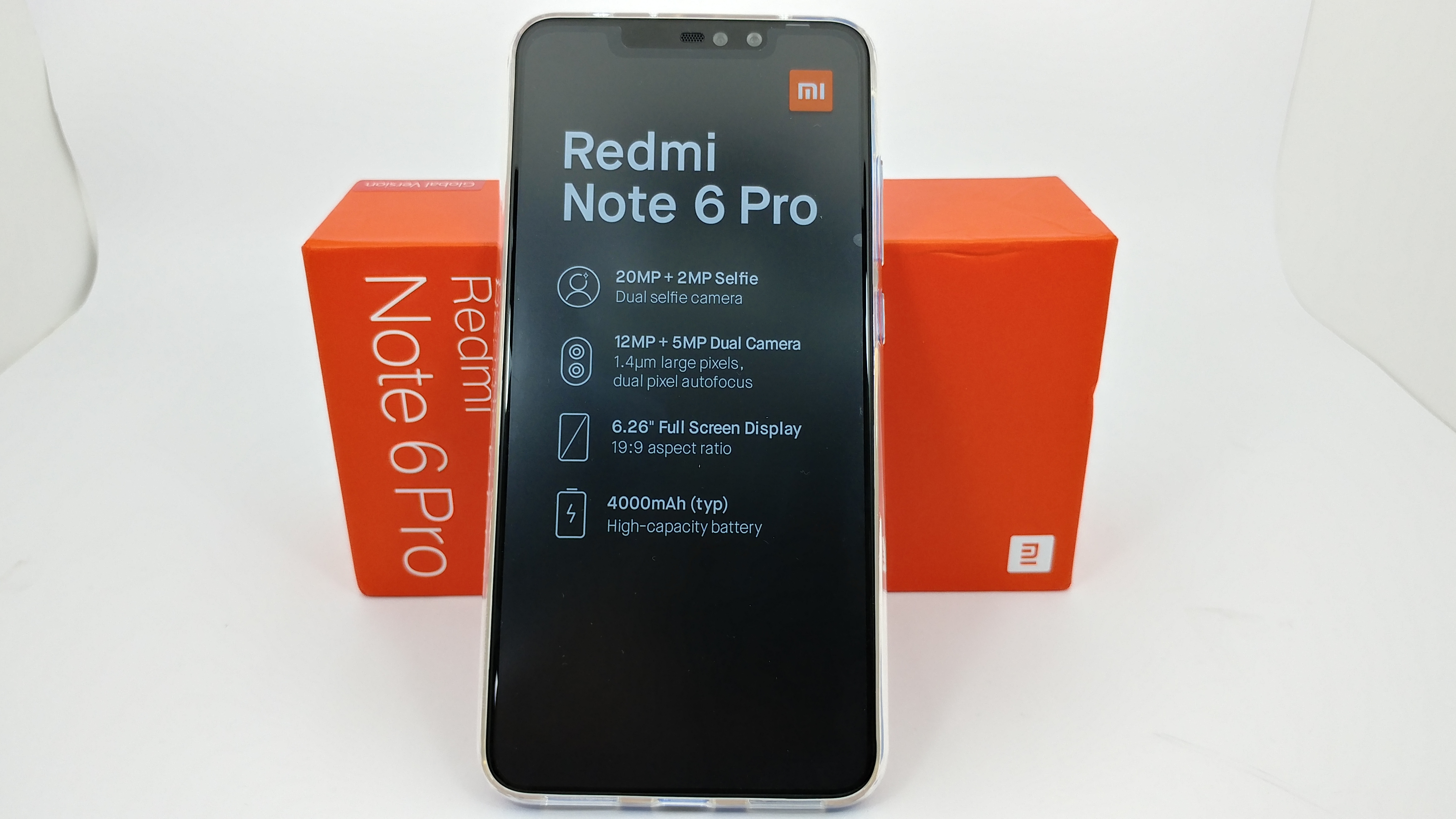
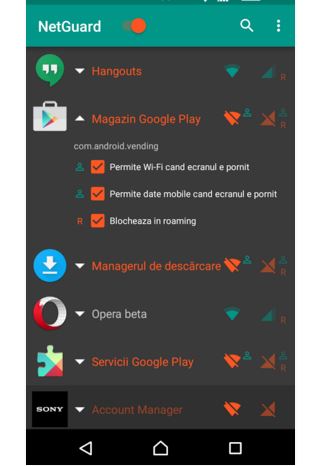
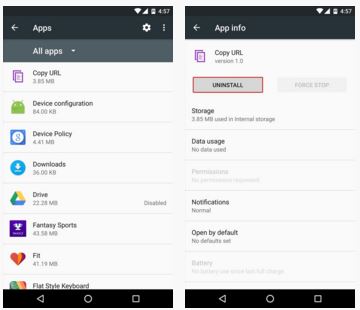
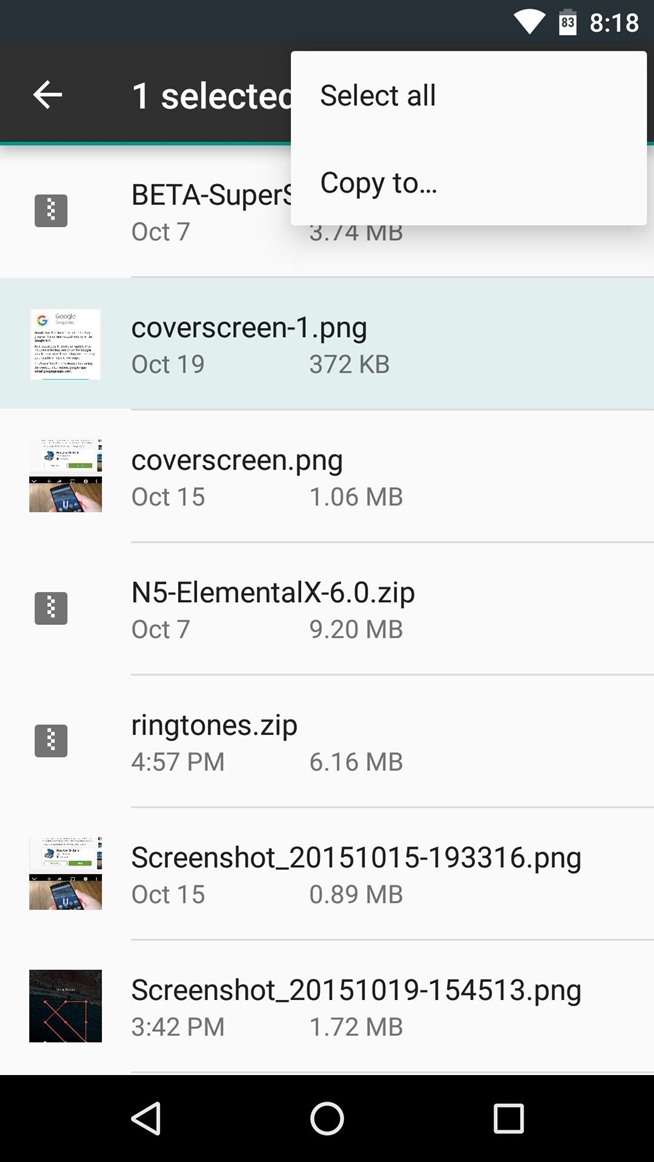

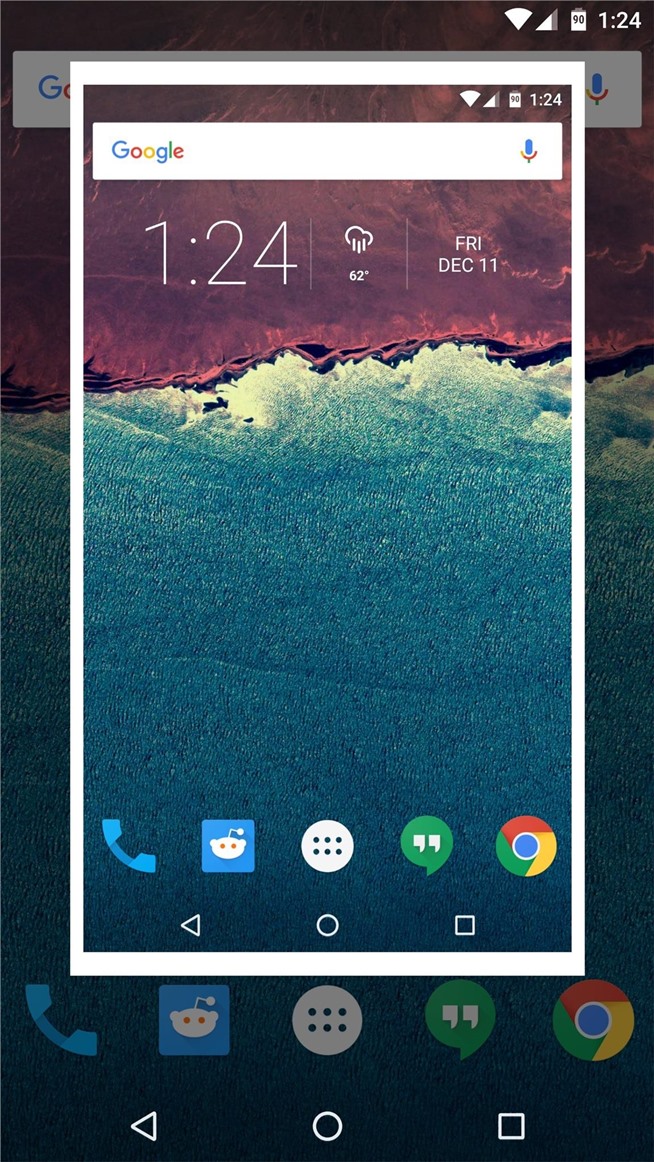
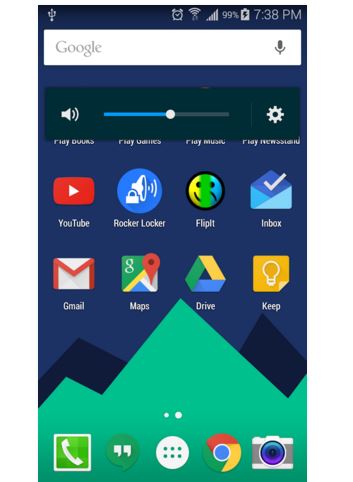

User forum
0 messages